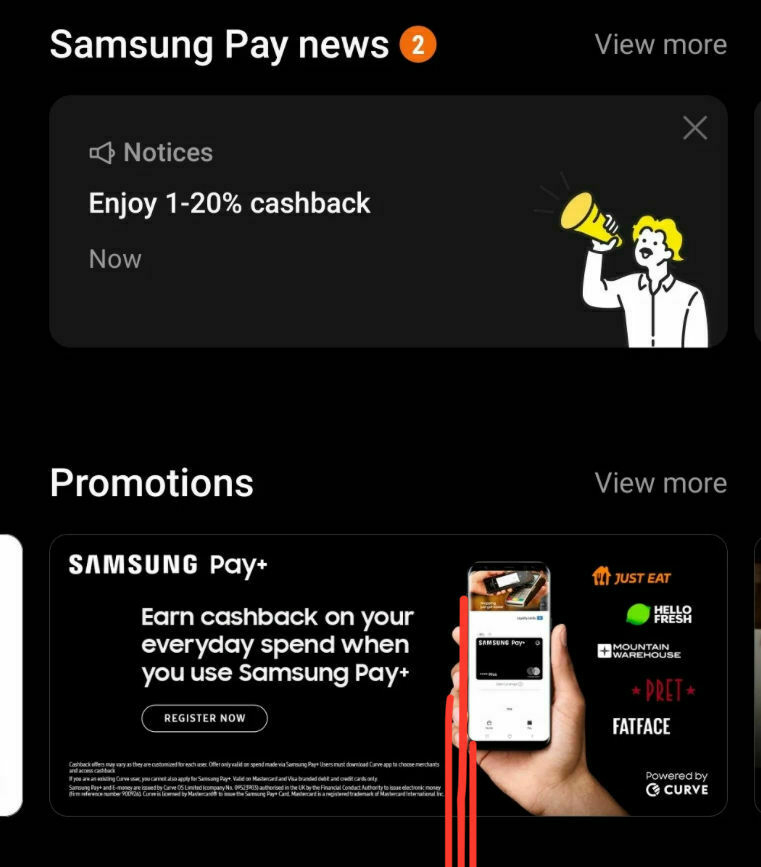Matt Birchler in his semi response to the latest Vergecast on Apple:
What this means in practice is that the thing all card issuers want is transaction counts and volumes to be as high as possible. You don’t do that by locking your card to your own wallet, you do it by making it an easy choice for consumers to pick you.
Of course, Matt is correct. If anyone knows about payment matters, it’s Matt. However, I think this is only part of the story. My Apple Wallet contains more than payment cards, and I foresee this becoming an issue when (rather than if) the EU forces Apple to open things up.
Currently, my Apple Wallet holds a variety of items that I can access with a tap: a few loyalty cards, my Arsenal Football tickets (they are by far the greatest team the world has ever seen), and also train tickets for my upcoming trip to London. There’s no hassle with different apps, printing things out, or searching through emails to find what I need; it’s all there, ready for me. This utility, I envision, will be decimated the moment everyone can produce a ‘wallet’ for my iPhone.
Suddenly, I’ll need an LNER wallet to access my train tickets, a separate app for all my loyalty cards, and my Arsenal tickets will return to the app from which they came. The simple reason is that everyone wants you in their app. As Matt pointed out in his post, their ‘wallet’ becomes a ‘halo’ product. Not one that directly generates income, although it could, but one that markets to you every time you open the app to retrieve your tickets or cards. We know this because you only have to look at Android as an example.
Every time I want to test a new Samsung phone, I endure the same frustrating experience. My bank, Barclays, doesn’t support Samsung Pay. They were one of the last to add Apple Pay, and for a long time didn’t support anything else. They tried instead to push their own payment app on Android users with a terrible experience. The great thing about Android is that I can download Google Pay and use that instead, but it doesn’t work as seamlessly as the default app. Samsung also works very hard not to tell me I can use another payment app, and as a result, most users go without.
This is because Samsung doesn’t want to inform users they can switch. They want to be able to sell you things in the wallet app: a new phone, perhaps a card that will work with Samsung Pay, or some accessories. By getting users into your app, you can generate revenue, and that’s important to all parties involved in the process. I think it’s true that most retailers won’t care, but many service providers will; they will want to cut out the 0.15% that Apple receives, and also sell you all their other wares while they’re at it.

Leave A Reply Instead?
Read Comments (0)